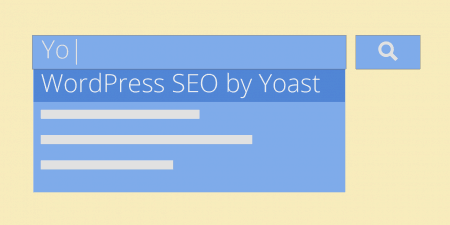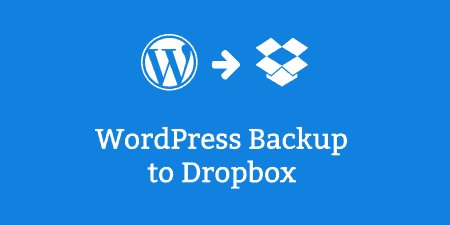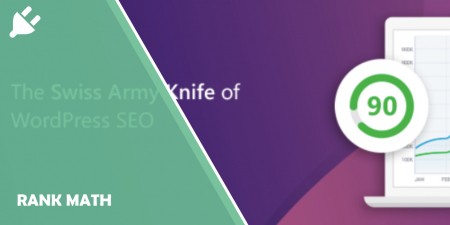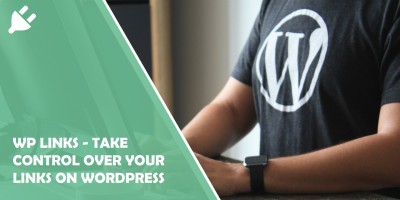As a developer/designer, I too often have a tendency to chalk up SEO to snake oil and…
Plugins can enhance or hinder the functioning of your WordPress site. While they bring added features to the table, if not chosen and handled with care, they also have the potential to slow down your website’s performance.
These plugins are not only to keep your site running well, but they also involve increasing SEO efforts so that you are not just meeting user demands but getting recognized by search engines too. The key is to find balance between your site’s functions and how fast it performs so that users have a smooth experience while SEO benefits remain intact.

Understanding Plugin Impact on WordPress SEO
Plugins have a huge impact on how fast your website works and the experience of users, both of which are very important for SEO. Even though they bring useful elements to your site, if plugins are not managed well it can make the speed substantially slow. This results in more people leaving quickly (higher bounce rates) and less visibility from search engines (lower rankings). It’s crucial to find a good balance between what you want from plugins and how it affects performance.
Essential WordPress SEO Plugin Optimization Techniques
Plugin Audit and Assessment
Make sure to do a periodic audit of your WordPress plugins, keeping only the ones that are needed and working well. Check how each plugin affects site speed and performance – is it still useful, or should you find a better option for efficiency?
Choosing the Right Plugins
Choose plugins that have good code quality and are speed-optimized. Look for plugins that provide the required functionalities without making your site too heavy. Checking user reviews and updating history can help with this.
Optimizing Plugin Settings
Default settings of plugins may not be the best for your requirements. Changing these settings is often beneficial and can lessen their effect on performance without losing any functionality. For example, switching off characteristics that you do not use can decrease the load which a plugin places on your server.
Updating and Maintaining Plugins
Programmers who develop plugins regularly make updates that enhance their efficiency and correct any security flaws. Make sure you are using the latest versions of all your plugins so that they can work better.
Using Caching Plugins to Improve Speed
Plugins for caching are very useful because they store your website’s most recent version and show it to new visitors without loading the whole page again. This helps a lot in improving performance, lessening load times and server load which is really good for SEO.
Integrating SEO and Plugin Management
Whether you have just started a new WordPress website or manage an existing one, one thing is clear: you need to be careful about which plugins are used. Using too many overlapping or unnecessary plugins can lead to technical conflicts that cause errors on your site. These issues might make certain parts of the page not show correctly or even make it completely inaccessible for visitors.
So how do you decide which WordPress plugin to install? Here are some tips:
1. Only Use Essential Plugins
Install only those plugins that are necessary for basic functionalities like security, caching (to speed up page loading) and SEO.
2. Verify Compatibility with Your Theme & Other Plugins
Ensure that the chosen plugin works well alongside other elements present on your website such as themes or different types of software tools.
3. Assess Support Availability & Response Time
Before installing any new WordPress plugins, check if its creators offer reliable customer support services and find out general response times given by them.
4. Avoid Overlapping Functionality
If two different plugins offer similar features (e.g., both have contact form creation), pick just one – having multiple tools doing the same task may lead to compatibility issues within other functionalities present across pages.
5. Remove Unused Plugins
It’s good practice to remove unused plugins to reduce the load on the server system for increased efficiency.
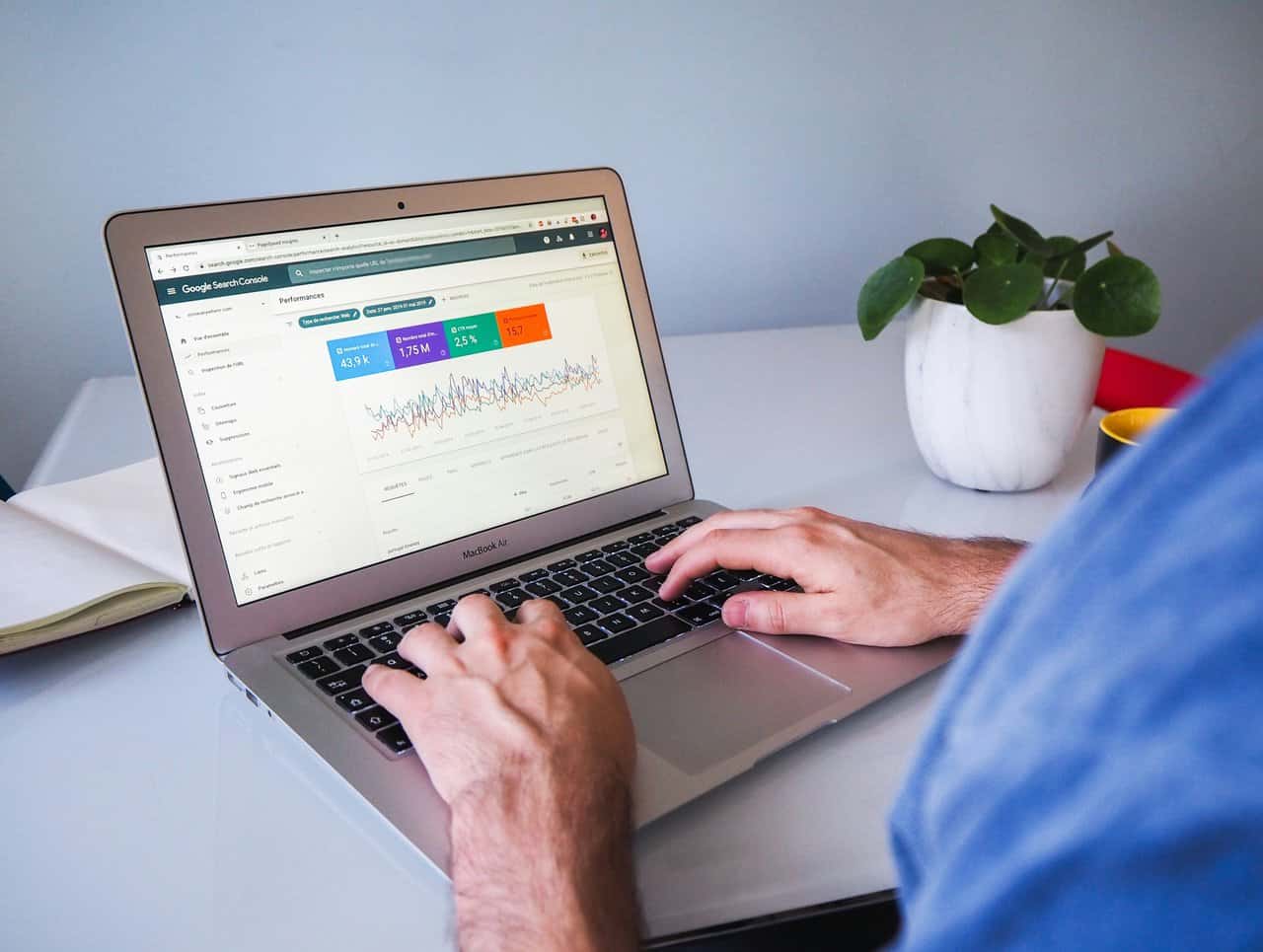
Role of Professional WordPress SEO Services
Using WordPress SEO specialist services can make a big difference for people who want to get the best performance for their website. These professionals have the skills needed to adjust your site’s plugin settings, improve its structure for SEO purposes, and guarantee high functionality overall.
Custom WordPress development services offer tailored solutions to create unique, feature-rich, and highly functional websites. These services typically include theme development, plugin creation, website customization, performance optimization, and security enhancements. Whether for e-commerce, blogs, portfolios, or corporate websites, custom WordPress development services provide a personalized and professional web presence.
Conclusion
In this digital era, where site speed and efficiency matter as much as content quality, managing your WordPress plugins with an SEO perspective is crucial. Using the top methods in plugin management can guarantee that your site not only functions well but also gets high rankings on search engine results pages – this will easily attract more visits and interactions from users.

